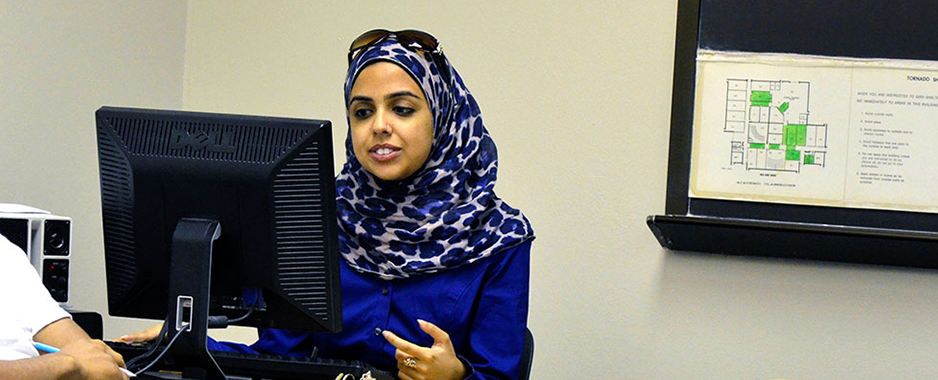By Mathew Shaw/reporter
One’s GPA goes beyond simple academic standing, a SE counselor told students Sept. 9.
Its implications include who makes it onto the Dean’s List, what scholarships one receives and what their job prospects are in the future.
Carisa Bustillos, SE suspension counselor, presented Protect Your GPA about the nuances of students’ GPA averages and ways to maintain them.
Bustillos stressed the wealth of scholarships available to those with high GPAs, particularly if they belonged to student organizations such as Phi Theta Kappa, a national honor society.
“Members of Phi Theta Kappa may apply for more than $36 million as long as they meet criteria,” she said.
Competitive scholarships often have strict time frames during which students may apply for them.
Bustillos suggested students apply for scholarships as early as December.
Students must especially apply themselves if they wish to enroll in fields such as health and nursing, which tend to be very selective about whom they accept into their programs.
“They go down to a hundredth of a point,” Bustillos said about health programs.
An imbalanced lifestyle, especially when it comes to full-time employment, is the number one reason for low GPAs, Bustillos said.
Therefore, students should study two to three hours a week for every hour spent in the classroom.
Thuy Nguyen, a second-year SE student, said she attended the seminar for extra credit but learned valuable information about maintaining her GPA.
“It was really good,” she said.
Duangkamon Love, who has attended SE Campus since 2009, said the seminar was very informational about academic standards, jobs and universities.

























